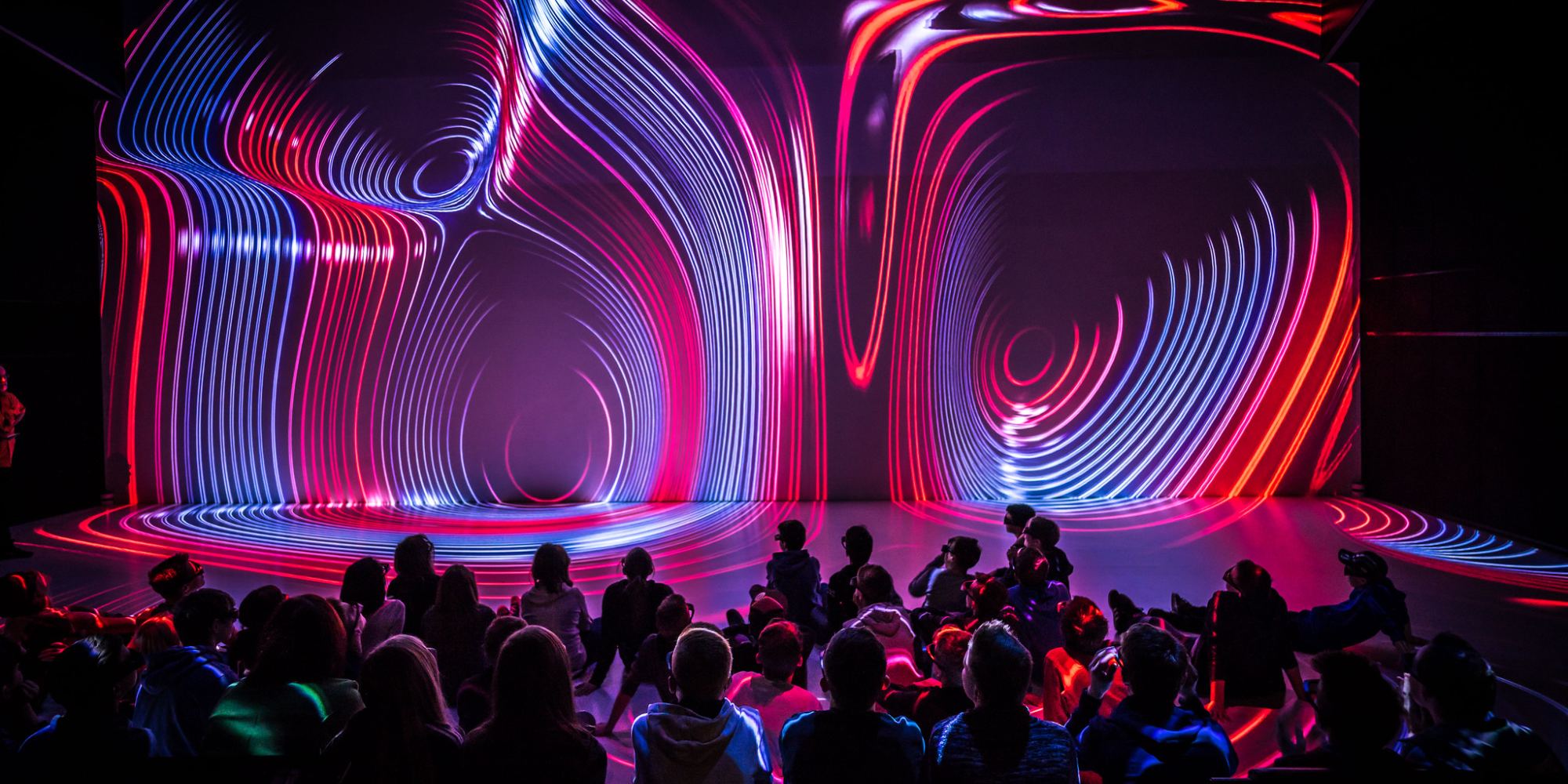In stark contrast to video, TV and movies, Virtual Reality (VR) applications promise experiences that are not only more intense but, above all, interactive and individual as well. To launch VR on its way to a huge consumer market share, a considerable amount of R&D work needs to be done. That was precisely the mission of Immersify, a European R&D consortium made up of PSNC — Poznan Supercomputing and Networking Center (Poland), Spin Digital Video Technologies GmbH (Germany), Marché du Film — Festival de Cannes (France), Visualization Center C (Sweden) and Ars Electronica Futurelab (Austria).
Since fall of 2017, the EU-funded project has been dedicated to current and future challenges that immersive media entail. The project researches technical possibilities with regard to video compression of immersive media and how immersive media content and tools can be designed interactively and promoted in the creative and media industry in Europe. The project team produced around 30 immersive contents to demonstrate the technical possibilities of the new formats and to test, improve and evaluate the tools developed within the project.
Live demonstrations of the content, including 16K media playback and 8K live streams, made the project tangible not only for the immersive media market, but also for a more general audience. Immersify was presented at several festivals, cultural events, technology fairs and conferences. In addition, several guidelines, which aim to make the tools and content of the project imitable for content creators, were published.
Some of the content produced within the project will be showcased during this year’s Ars Electronica Festival, including the premiere of a virtual 3D-journey through Vienna’s St. Stephen’s Cathedral:
The Immersify project has received funding from the European Union’s Horizon 2020 research and innovation programme under grant agreement No 762079.







